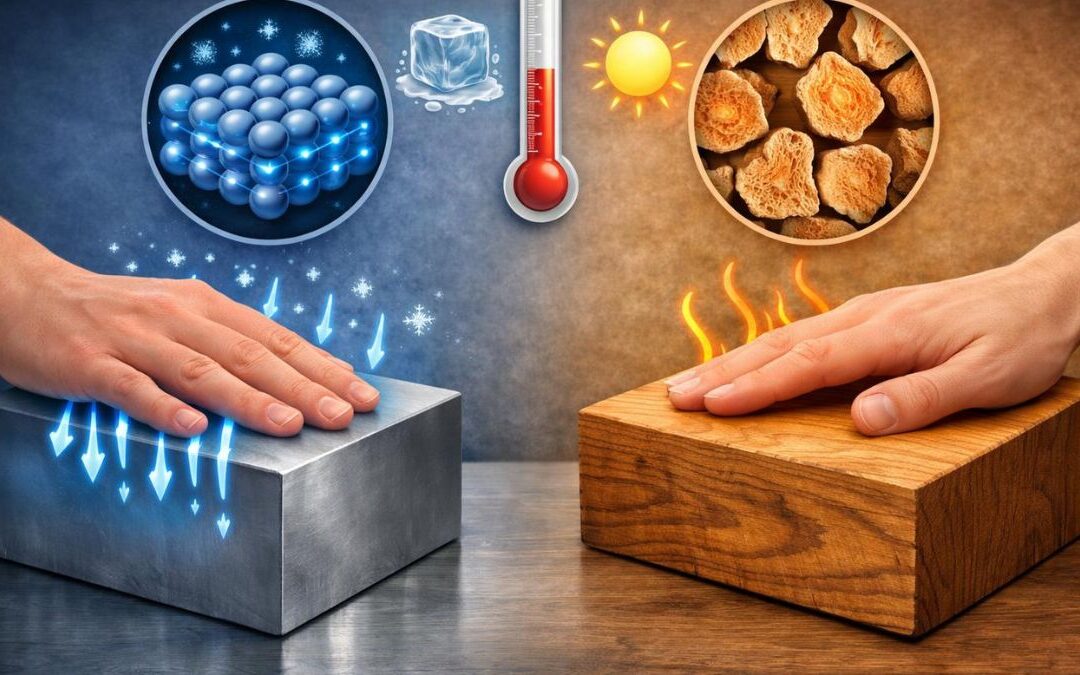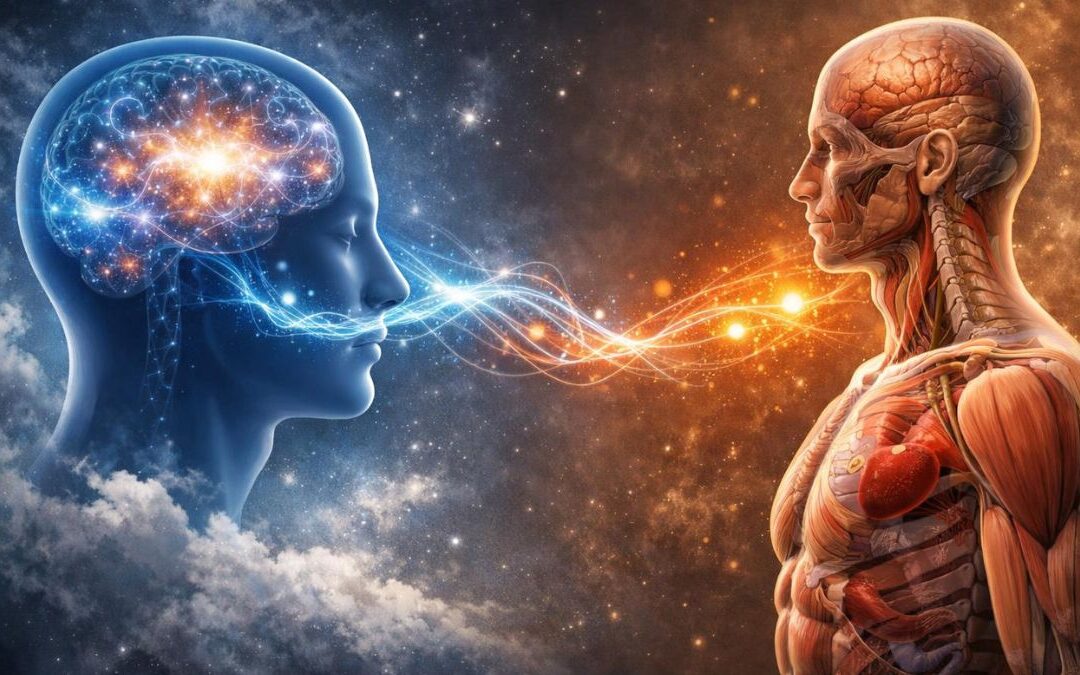Healing is a universal need. Whether physical, emotional, or spiritual, the process of recovery is deeply personal and transformative. While physical healing is tangible and often measurable, spiritual healing delves into the unseen layers of our being, addressing the mind, soul, and energy. But what exactly is spiritual healing, and how can it impact our lives? Let’s explore this profound concept.
What Is Spiritual Healing?
Spiritual healing involves practices and experiences that aim to restore balance and harmony to the soul and spirit. Unlike physical healing, it doesn’t necessarily target the body but instead focuses on the deeper, intangible aspects of our existence. It’s often rooted in the idea that wellness stems from a holistic balance of mind, body, and spirit.
Practices of spiritual healing can include prayer, meditation, energy healing techniques like Reiki, chakra balancing, and even simply being in nature. While spiritual healing is not tied to any one religion, it often intersects with personal beliefs, encouraging individuals to connect with something greater than themselves.
Types of Spiritual Healing Practices
1. Energy Healing
Energy healing is based on the idea that we have an energy field or aura that can become blocked or imbalanced. Practices like Reiki, crystal healing, and Qigong aim to clear these blockages, promoting a sense of well-being.
2. Meditation and Mindfulness
Meditation is a cornerstone of spiritual healing. By calming the mind and focusing inward, meditation helps individuals connect with their inner self and access a state of peace.
3. Prayer and Faith-Based Healing
For many, prayer is a powerful tool for spiritual healing. It can provide comfort, hope, and a sense of connection to a higher power.
4. Nature Immersion
Spending time in nature is a simple yet effective way to experience spiritual healing. Walking in a forest, watching a sunrise, or listening to the sound of waves can soothe the soul and restore inner harmony.
5. Rituals and Ceremonies
From smudging with sage to engaging in sacred ceremonies, rituals are a way to cleanse negative energy and invite positive vibrations into one’s life.
How Spiritual Healing Transforms Lives
Spiritual healing isn’t just about addressing pain or imbalance—it’s about growth and transformation. Many who experience it describe feeling lighter, more grounded, and more connected to their purpose. Here’s how spiritual healing can make a difference:
1. Emotional Release
Healing practices often help individuals process emotions they’ve suppressed for years. By confronting these feelings, people can release emotional baggage and find peace.
2. Increased Self-Awareness
Spiritual healing encourages introspection, helping people better understand themselves and their patterns. This awareness is often the first step toward meaningful change.
3. Enhanced Relationships
By healing past wounds and fostering self-compassion, individuals often find it easier to connect with others and improve their relationships.
4. Stress Reduction
Practices like meditation and mindfulness lower stress levels, leading to better mental and physical health.
5. A Sense of Purpose
For many, spiritual healing rekindles a sense of purpose or helps them discover new meaning in life. It’s a reminder that challenges often hold lessons and opportunities for growth.
Challenges and Misconceptions
While spiritual healing can be transformative, it’s not a quick fix or a replacement for medical treatment. Here are a few common challenges and misconceptions:
1. Expecting Instant Results
Healing takes time. While some people experience immediate shifts, for others, it’s a gradual process that unfolds over weeks or months.
2. Skepticism
Because spiritual healing is intangible, it can be met with skepticism. Those new to these practices may struggle to trust the process or feel unsure about its legitimacy.
3. Overlooking Professional Help
Spiritual healing is not a substitute for therapy, medication, or medical treatment. It works best when integrated with other forms of care.
How to Begin Your Spiritual Healing Journey
1. Start Small
You don’t need to dive into complex practices. Begin with something simple, like journaling or spending a few minutes in quiet reflection.
2. Explore Different Practices
Not every method resonates with everyone. Experiment with meditation, energy healing, or even prayer to find what works for you.
3. Seek Guidance
Working with a healer, spiritual coach, or mentor can provide valuable insights and support as you navigate your journey.
4. Be Open-Minded
Approach spiritual healing with curiosity and an open heart. Trust that the process will unfold in the way that’s right for you.
Stories of Spiritual Healing
Personal experiences bring spiritual healing to life. One person might describe a moment of clarity during meditation that helped them let go of grief. Another might recall the deep peace they felt during a Reiki session. These stories remind us that healing isn’t just about fixing something—it’s about rediscovering wholeness.
Spiritual healing invites us to look beyond the physical and connect with the deeper essence of who we are. Whether it’s through meditation, prayer, or simply sitting quietly in nature, the journey of spiritual healing is one of self-discovery, growth, and connection. Have you ever experienced spiritual healing? What practices have brought you peace and clarity? Perhaps your next step on this journey is closer than you think.
Let’s Talk
Have you ever thought about what healing really means? I’m not just talking about recovering from a physical injury or illness but the kind of healing that happens on a deeper level—where you let go of something heavy that’s been weighing on your soul. Spiritual healing is such a fascinating concept because it forces us to look inward, to confront things we often bury under the busyness of daily life.
One thing that always strikes me about spiritual healing is how personal it is. For some, it’s a quiet moment in nature that suddenly makes everything feel okay. For others, it’s a guided practice like Reiki or meditation. And then there are those who find healing in rituals—lighting a candle, saying a prayer, or simply sitting in stillness. It makes you wonder: does the practice matter as much as the intention behind it? Maybe the act of seeking healing is what makes the difference, regardless of how we go about it.
And let’s not forget the challenges. Have you ever tried to meditate when your mind is racing? It’s like telling a toddler to sit still—it just doesn’t happen easily. But maybe that’s part of the process. Healing isn’t supposed to be a quick fix or a perfect experience. It’s messy, uncomfortable, and sometimes frustrating. But isn’t that also what makes it meaningful? The fact that it requires effort and vulnerability?
Another thing to think about is how healing connects us to others. Have you noticed how much easier it is to help someone else through their struggles than to face your own? Maybe that’s why practices like group meditation or healing circles can be so powerful. They remind us that we’re not alone, that our pain and triumphs are part of something bigger.
Here’s a question: how do we know when we’ve truly healed? Is it a feeling, like a weight lifted off your chest? Or is it a change in behavior, like finally forgiving someone or letting go of anger? Maybe healing isn’t a destination but an ongoing journey—a series of small steps toward being more at peace with ourselves and the world around us.
So, have you ever experienced a moment that felt like spiritual healing? What triggered it? And how did it change you? Or, if you’re still on that journey, what’s one thing you’d like to try to bring more balance into your life?
Let’s Learn Vocabulary in Context
Let’s start with “spiritual healing.” It refers to practices aimed at restoring balance and harmony to the spirit. For example, “Many people turn to spiritual healing to find peace during difficult times.”
Next is “meditation,” which is the practice of focusing the mind to achieve a state of relaxation or awareness. You might say, “I use meditation to calm my mind and gain clarity.”
“energy healing” is about clearing or balancing the body’s energy field. In conversation, you might hear, “Reiki is a form of energy healing that many find effective.”
“introspection” is the act of examining one’s own thoughts and feelings. For instance, “Spiritual healing often begins with introspection to understand what’s holding you back.”
“mindfulness” means being fully present in the moment without judgment. You could say, “Practicing mindfulness has helped me manage stress and appreciate life’s small joys.”
“rituals” are structured actions performed for symbolic purposes. For example, “Lighting incense is a ritual that helps me focus during meditation.”
“balance” refers to a state of equilibrium or stability. You might say, “Spiritual healing aims to restore balance between the mind, body, and soul.”
The term “blockages” describes obstacles, often in an emotional or energetic sense. In a sentence: “Energy healing focuses on removing blockages to restore the flow of positive energy.”
“self-awareness” is the understanding of one’s own emotions, behaviors, and thoughts. For example, “Spiritual healing enhances self-awareness, helping you recognize patterns that no longer serve you.”
Finally, “connection” refers to a sense of being linked to others or something greater. You might hear, “Spiritual practices like prayer or meditation foster a deeper connection to the universe.”
Now, think about how these words relate to your life. Have you ever used mindfulness or introspection to work through a tough situation? Or maybe you’ve noticed how rituals or balance play a role in helping you stay grounded. What’s one new practice you’d like to try to bring more connection and healing into your routine?
Let’s Discuss & Write
Discussion Questions:
- What does spiritual healing mean to you, and how have you experienced it in your life?
- How do you think practices like mindfulness or meditation help in the process of healing?
- Can rituals and ceremonies have a universal appeal, or are they deeply personal?
- What role do you think introspection and self-awareness play in finding balance and harmony?
- Do you believe healing is a one-time experience, or is it an ongoing journey? Why?
Writing Prompt:
Write a reflective piece titled “My Path to Inner Peace” where you explore a moment or practice that helped you feel more balanced or connected. Use at least three of the vocabulary words from this topic to describe your experience and its impact on your life. Aim for 300–400 words to make it personal and insightful.









0 Comments